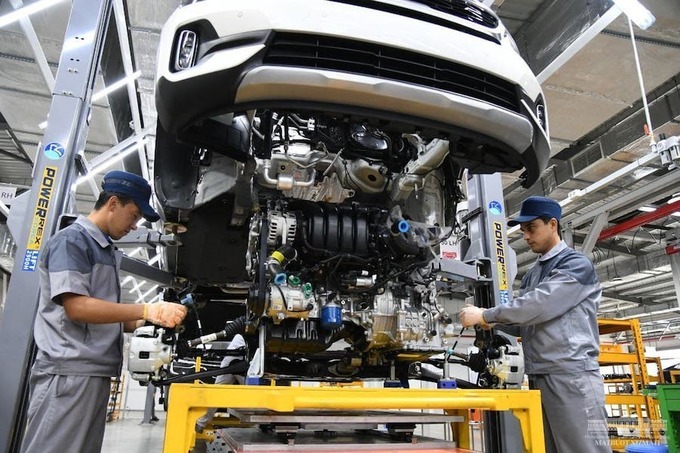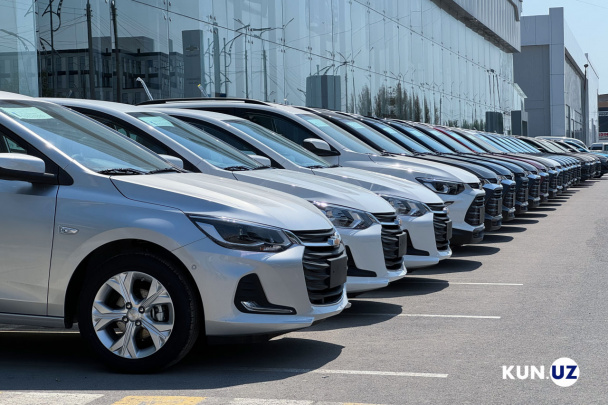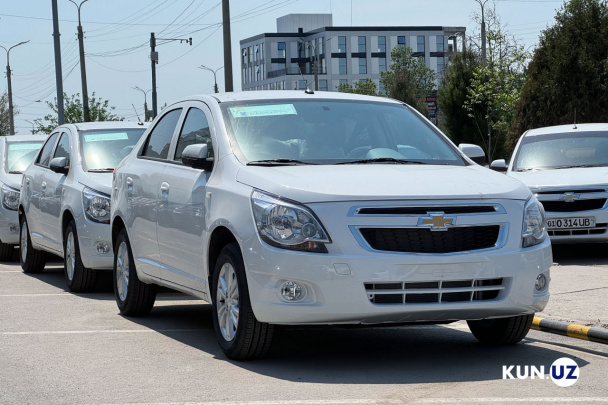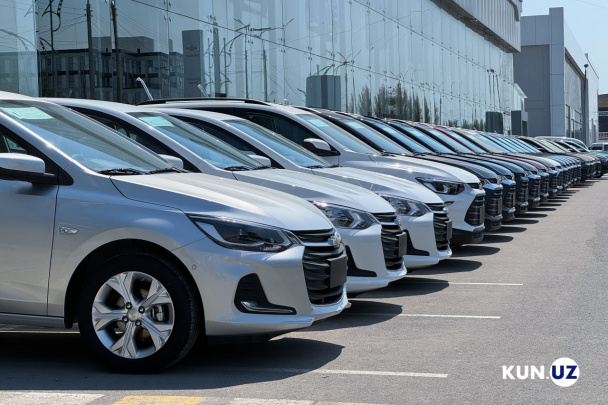Uzbekistan’s car production rises by 4.1% over eight months
Automobile production in Uzbekistan reached 242,876 units in the first eight months of 2024, marking a 4.1% increase compared to the same period in 2023, according to the Statistics Agency. Despite the overall growth, the production of Lada cars, which had briefly resumed in July, has once again come to a halt after only six units were manufactured.

UzAuto Motors remains the dominant player in the market, responsible for over 90% of the country’s total automobile production. Leading the pack is the Chevrolet Cobalt, with over 102,000 units produced between January and August—a 56% increase from last year. Of these, approximately 17,000 were manufactured in August alone.
Following the Cobalt, the Damas minivan saw significant production figures, with 59,500 units produced so far this year, reflecting a 13.3% growth. The Chevrolet Tracker takes third place, with 27,400 units produced so far in 2024, a 12.2% increase compared to 2023. In August, 4,100 Tracker vehicles were rolled out.
Other notable models include the Chevrolet Onix, whose production increased by 16.5% to 21,600 vehicles, and the Lacetti-Gentra sedan, whose production was halted in July, resulting in only 12,800 units—a significant decline compared to the previous year.
Among foreign manufacturers, Chery saw a 19.2% drop in production, with only 5,190 units manufactured this year. In contrast, Kia recorded a 22% production increase, reaching 12,795 vehicles, with 1,400 produced in August alone. Haval production also grew, with 762 units manufactured in August, bringing the total for the year to 1,390 vehicles.
Lada production, however, remains stalled, with only six cars produced since its brief restart in July. AvtoVAZ CEO Maxim Sokolov cited increasing international sanctions pressure on the company’s foreign partners, which has slowed down its projects in Kazakhstan and Uzbekistan. Despite the challenges, Sokolov emphasized the company’s readiness to resume production once the situation stabilizes.
Related News

15:52 / 18.10.2025
Uzbekistan’s car market sees Chevrolet slump as electric vehicles gain traction

19:09 / 10.10.2025
Uzbekistan’s car market sees growing competition as Chevrolet share drops

14:25 / 25.09.2025
Car production in Uzbekistan up 9.2 percent despite fall in popular models

16:01 / 17.07.2025




